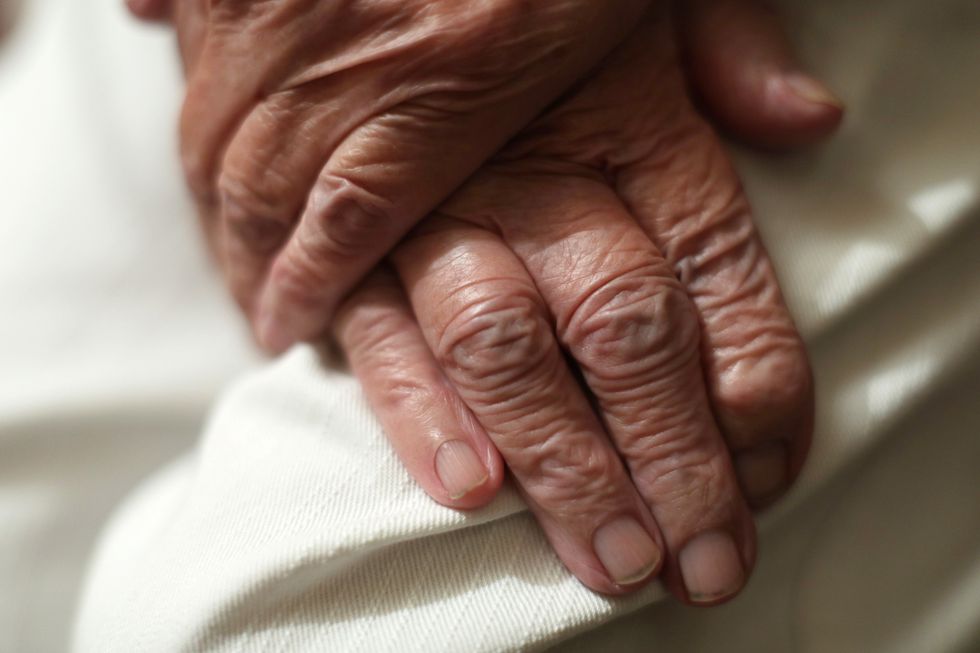Longevity has become the subject of fascination among scientific circles, with experts desperate to unveil the secrets of living disease-free.
Though the answers appear to be multi-faceted – evidence frequently highlights a handful of factors that correlate with old age.
Among them is muscle mass, one of the cornerstones of optimal health, according to registered dietician Zoe Cottrell.
According to Zoe, having enough muscle may be the most important buffer against the side effects of ageing.
Increasing muscle mass may offer protection against chronic diseases
PA
âThe single most important factor associated with slow ageing is ensuring you maintain muscle mass,â the expert declared in a conversation with GB News.
Emerging research shows that muscle protein synthesis, where the body rebuilds and repairs muscle tissue from amino acids, slows down as we age.
â[This] means we lose lean muscle mass more quickly, which can lead to loss of strength and reduced mobility,â explained the expert.
Moreover, a consensus is building among scientists that strength training and cardio are vital components for longevity due to their inverse associations with chronic diseases.
Several studies have shown that muscle strength offers protection against stroke, hypertension and diabetes, among other diseases.
âRetaining muscle is how we all remain active and able to do the things we love,â explained Zoe.
âWhether itâs a park run walking the dog, playing tennis or keeping up with the grandchildren, staying strong and healthy as you age is vital.â
Doctor Mohammed Enayat, GP and Founder of HUM2N echoes this advice.

âEnhancing muscle mass may be key for prolonging healthspanÂ
PA
She adds: âI would recommend two types of exercise, the first being strength exercises to help maintain your muscle mass which will preserve joint space, with the proximal muscles being especially important.â
The second recommended type of activity is lower intensity.
â[This] can mean exercise that doesnât result in your heart rate getting too high, just mildly elevated for around 45 minutes, or otherwise known as Zone two exercise,â notes Dr Enayat. âExamples of this include brisk walking.â
Aside from combatting signs of ageing, keeping the muscles in motion sharpens cognitive health and shields against diseases like Alzheimerâs.

Sarah Carter is a health and wellness expert residing in the UK. With a background in healthcare, she offers evidence-based advice on fitness, nutrition, and mental well-being, promoting healthier living for readers.








